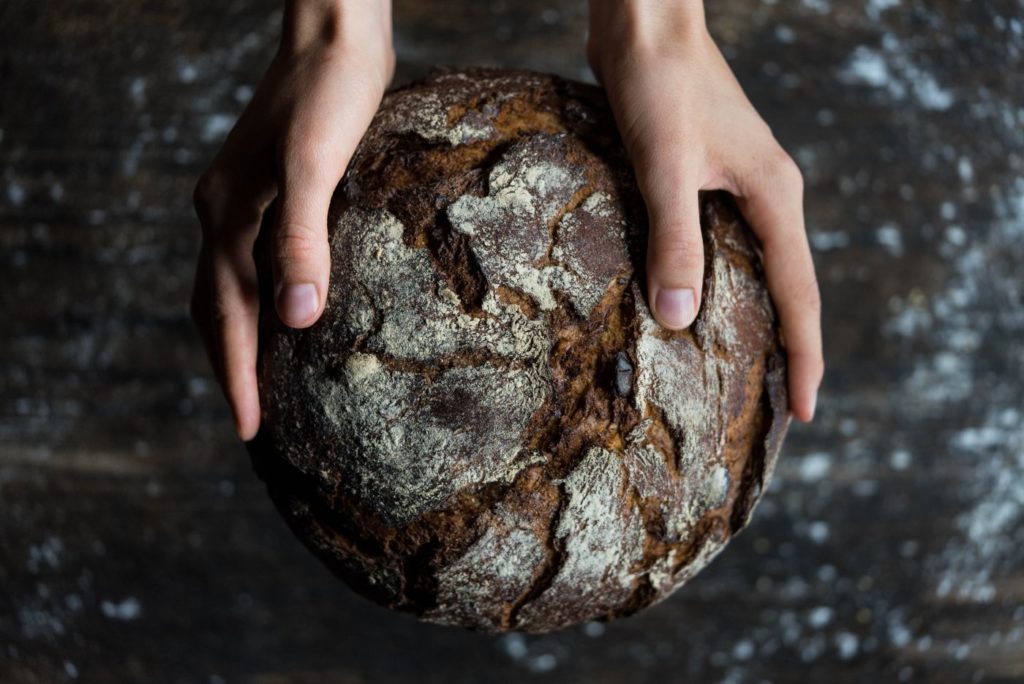
Abundance In Our Communities: Seeing as God Sees
by John Campbell, Senior Pastor, Terre Haute First Baptist Church, Terre Haute, Indiana
Sunday morning, I, with so many others, will gather at the Lord’s table to share in a simple meal. Bread and cup. Flesh and blood. Communion.
Gathered at this table, we Christians celebrate the reality that the Word became flesh and dwelt among us. We celebrate the reality that the curtain separating us from God has been torn in two and that the dividing wall of hostility that once separated us from each other has been broken. We celebrate the reality that we are the people of the incarnation – that beautiful and life-changing truth that God is with us.
At the table we discover that we are not just members of a certain church in a certain city, but that we are citizens of a Kingdom that is present and alive all around us. A kingdom without walls or boundaries. A kingdom full of life and abundance. And the reality and presence of that kingdom should be the lens that we Christians view the world through in every way.
I was reminded, recently, to view the growing, global issue of immigration through this lens while participating in the Wabash Pastoral Leadership Program. Robert Rueda, whose ministry serves the area of McAllen, Texas, a piece of border that sees up to three thousand Central Americans enter our country every day, described his ministry as the process of, “helping people fall in love with each other and with the place. We go to them,” he said,” and listen to their story.”
As I have considered these words, I have been struck by how deeply our positions on topics like immigration have become carved out and defined by our fears. We Christians and our churches too easily operate out of a story of scarcity. Our words, our stories, and our lives are marked by an attention to the lack of resources around us and the fear of losing what we possess or desire to have. Walls are built, laws are ratified, and theologies are created in an effort to protect and improve our personal safety, comfort, and wealth.
But we are the people of the incarnation. We are the people of infinite abundance. Our God is with us.
Imagine if our walls, laws, and theologies were shaped by this vision of abundance instead of a story of scarcity. Imagine welcoming the refugee and the immigrant into the joy and hope of what is available in our communities instead of viewing them as a threat to what is ours. Imagine listening to their story as we work to help them fall in love with the people and the cities that we serve.
I imagine that we would fall in love with them to. I imagine that we would begin to treat immigration as a civil benefit instead of a criminal issue. I imagine that the basket would come back to us full, twelve times over. And I imagine that our God, who left heaven to come to us, to listen to us, to help us fall in love with each other and with his kingdom, would be well-pleased to have us gathered together at his table. Bread and cup. Flesh and blood. Communion.
